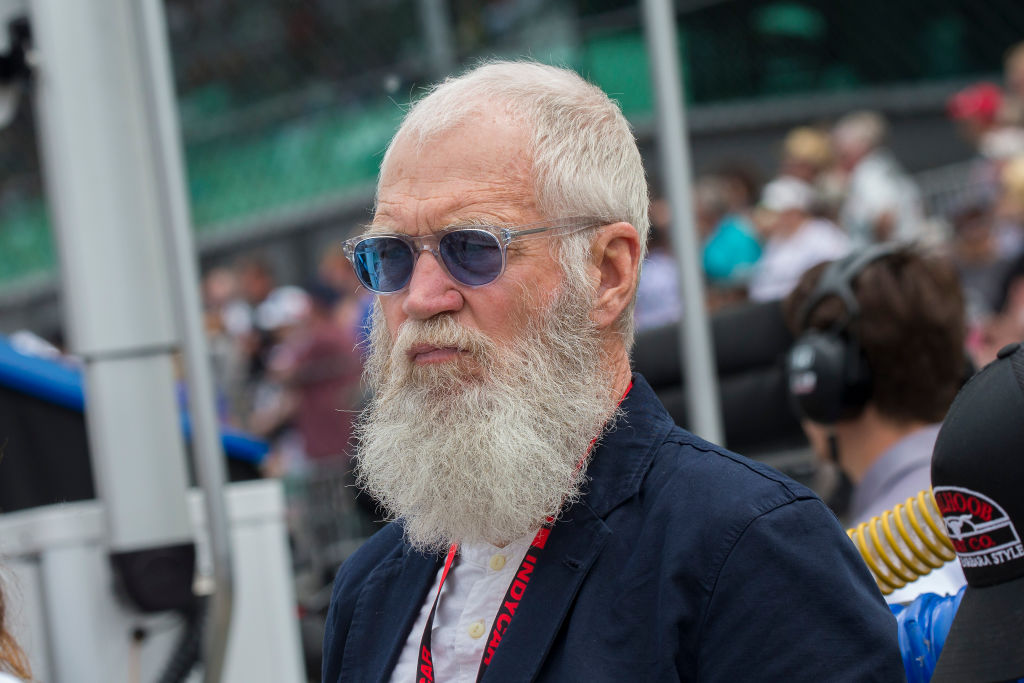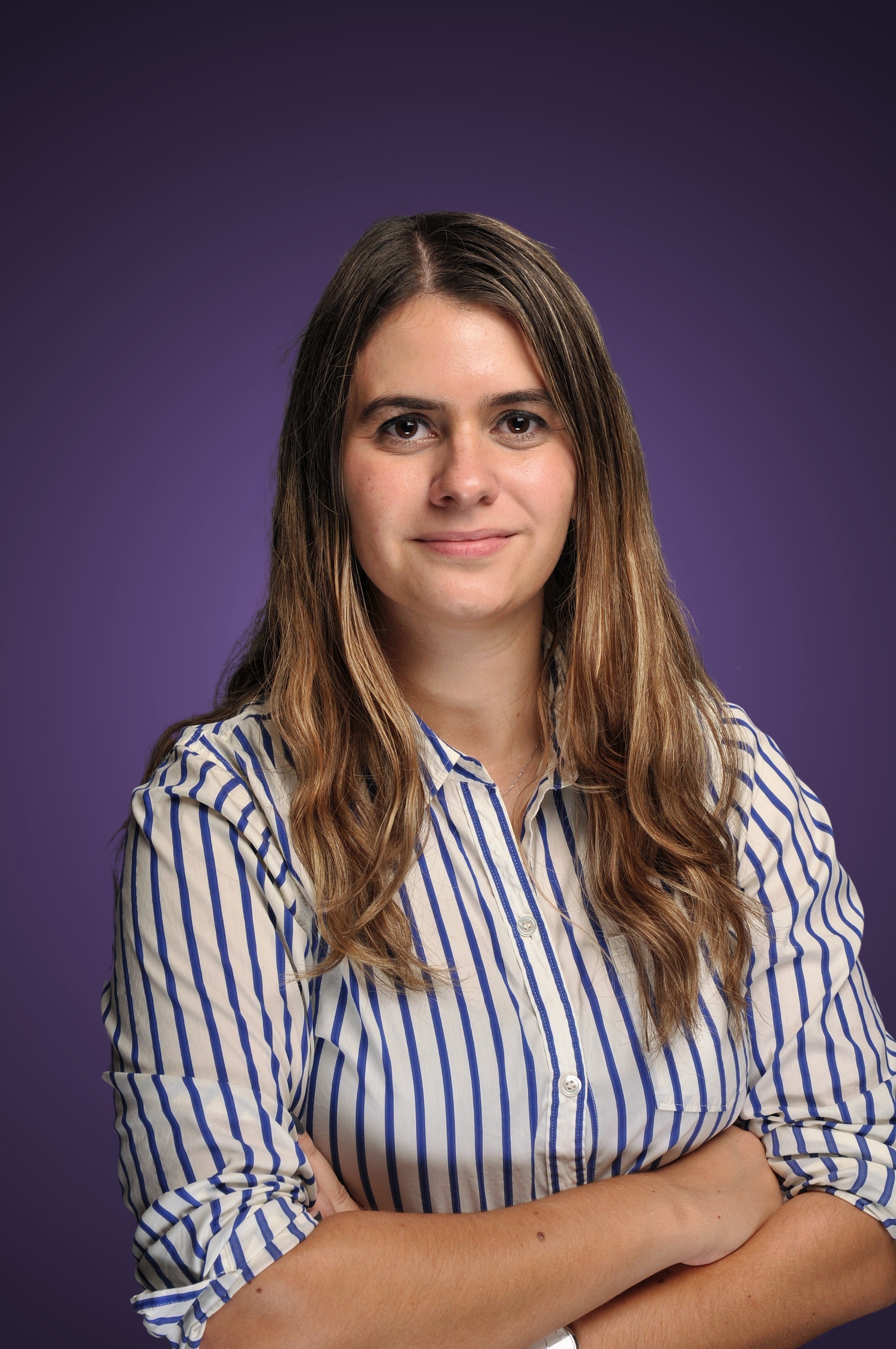Do You Agree With David Letterman's Opinion on Retirement?
The former talk show host called retirement a 'myth.'


Profit and prosper with the best of Kiplinger's advice on investing, taxes, retirement, personal finance and much more. Delivered daily. Enter your email in the box and click Sign Me Up.
You are now subscribed
Your newsletter sign-up was successful
Want to add more newsletters?

Delivered daily
Kiplinger Today
Profit and prosper with the best of Kiplinger's advice on investing, taxes, retirement, personal finance and much more delivered daily. Smart money moves start here.

Sent five days a week
Kiplinger A Step Ahead
Get practical help to make better financial decisions in your everyday life, from spending to savings on top deals.

Delivered daily
Kiplinger Closing Bell
Get today's biggest financial and investing headlines delivered to your inbox every day the U.S. stock market is open.

Sent twice a week
Kiplinger Adviser Intel
Financial pros across the country share best practices and fresh tactics to preserve and grow your wealth.

Delivered weekly
Kiplinger Tax Tips
Trim your federal and state tax bills with practical tax-planning and tax-cutting strategies.

Sent twice a week
Kiplinger Retirement Tips
Your twice-a-week guide to planning and enjoying a financially secure and richly rewarding retirement

Sent bimonthly.
Kiplinger Adviser Angle
Insights for advisers, wealth managers and other financial professionals.

Sent twice a week
Kiplinger Investing Weekly
Your twice-a-week roundup of promising stocks, funds, companies and industries you should consider, ones you should avoid, and why.

Sent weekly for six weeks
Kiplinger Invest for Retirement
Your step-by-step six-part series on how to invest for retirement, from devising a successful strategy to exactly which investments to choose.
Late Show icon David Letterman has been off the air of his famed show for almost a decade, but that doesn't mean he considers himself retired.
"Retirement is a myth," he told GQ. "Retirement is nonsense. You won't retire. The human mechanism will not allow you to retire."
Pressed by interviewer Zach Baron, Letterman explained: "As long as you are healthy, you still want to produce. And you will find ways to, once I stopped doing the show, it took me a couple of years to figure out that, oh, this is a completely different rhythm. And without the rhythm that you're accustomed to, largely unsatisfying. So you got to find something that's important to you."
From just $107.88 $24.99 for Kiplinger Personal Finance
Become a smarter, better informed investor. Subscribe from just $107.88 $24.99, plus get up to 4 Special Issues

Sign up for Kiplinger’s Free Newsletters
Profit and prosper with the best of expert advice on investing, taxes, retirement, personal finance and more - straight to your e-mail.
Profit and prosper with the best of expert advice - straight to your e-mail.
Letterman spent over two decades talking to Americans every night on Late Show with David Letterman on CBS, from 1993 to 2015. He left the show at age 68. Before Late Show, he hosted Late Night with David Letterman on NBC from 1982 to 1993.
In his final episode of Late Show in 2015, Letterman quipped: "People said to me, 'Dave, when did you know it was time to retire?' And there were signs, there’s always signs along the way. And I think one of those signs was Todd, the cue card kid, came up to me and said, 'For the love of God, Dave, I can’t write the words any bigger.'"
In the recent interview with GQ, though, Letterman expressed the frustrations, disappointments and exhaustion he often felt hosting the nightly show, including the pressure he placed on himself. He said he was "drinking heavily" at certain points and sometimes felt like conducting interviews was "a fist fight."
Now, in the Hollywood version of a second act, Letterman said he feels much more at ease and happier with what he's doing. That second act includes the Netflix show My Next Guest Needs No Introduction with David Letterman and the Letterman TV FAST Channel on Samsung TV Plus that launched in December with clips from and commentary on the Late Show.

Is retirement a 'myth?'
As Letterman told GQ, he doesn't believe in retirement in part because he still feels productive. The talk show host is far from alone in that feeling.
As Fortune recently reported, some people in the baby boomer generation are choosing to not retire, not because they don't have the savings for it, but because they simply "like going to work." The phenomenon of being retired and bored is certainly not rare, especially after spending decades working on a career and finding social networks and standing through work. There is also a fear of identity loss in retirement, after so much of your life is spent in an industry or role.
There are ways to move on in retirement even with those feelings, though. That's why many people choose to take on jobs while retired or go to college while retired - it simply gives people with active minds and bodies something to do that's productive. Like Letterman, some might choose to do a sort of phased retirement, whereby you don't immediately dive into full retirement, but keep on with some of your work.
Is it possible to be fully retired and fulfilled? Surely, people have done it, despite finding a strange gap between busy and bored. If not through work, people find fulfillment in retirement in hobbies, personal interests, friendships and time with family.
But while you may have thought about investing for retirement financially, you need to actively invest in those hobbies and interests so they're there for you when you need them. Because, as Letterman found, being "so single focused" on a job can be more tiring than fun, and life's too short to let that take over.
For more on retirement planning, sign up for Kiplinger's six-week newsletter series Invest for Retirement.
Related Content
Profit and prosper with the best of Kiplinger's advice on investing, taxes, retirement, personal finance and much more. Delivered daily. Enter your email in the box and click Sign Me Up.

Alexandra Svokos is the digital managing editor of Kiplinger. She holds an MBA from NYU Stern in finance and management and a BA in economics and creative writing from Columbia University. Alexandra has over a decade of experience in journalism and previously served as the senior editor of digital for ABC News, where she directed daily news coverage across topics through major events of the early 2020s for the network's website, including stock market trends, the remote and return-to-work revolutions, and the national economy. Before that, she pioneered politics and election coverage for Elite Daily and went on to serve as the senior news editor for that group.
Alexandra was recognized with an "Up & Comer" award at the 2018 Folio: Top Women in Media awards, and she was asked twice by the Nieman Journalism Lab to contribute to their annual journalism predictions feature. She has also been asked to speak on panels and give presentations on the future of media and on business and media, including by the Center for Communication and Twipe.
-
 Betting on Super Bowl 2026? New IRS Tax Changes Could Cost You
Betting on Super Bowl 2026? New IRS Tax Changes Could Cost YouTaxable Income When Super Bowl LX hype fades, some fans may be surprised to learn that sports betting tax rules have shifted.
-
 How Much It Costs to Host a Super Bowl Party in 2026
How Much It Costs to Host a Super Bowl Party in 2026Hosting a Super Bowl party in 2026 could cost you. Here's a breakdown of food, drink and entertainment costs — plus ways to save.
-
 3 Reasons to Use a 5-Year CD As You Approach Retirement
3 Reasons to Use a 5-Year CD As You Approach RetirementA five-year CD can help you reach other milestones as you approach retirement.
-
 Your Adult Kids Are Doing Fine. Is It Time To Spend Some of Their Inheritance?
Your Adult Kids Are Doing Fine. Is It Time To Spend Some of Their Inheritance?If your kids are successful, do they need an inheritance? Ask yourself these four questions before passing down another dollar.
-
 The 4 Estate Planning Documents Every High-Net-Worth Family Needs (Not Just a Will)
The 4 Estate Planning Documents Every High-Net-Worth Family Needs (Not Just a Will)The key to successful estate planning for HNW families isn't just drafting these four documents, but ensuring they're current and immediately accessible.
-
 Love and Legacy: What Couples Rarely Talk About (But Should)
Love and Legacy: What Couples Rarely Talk About (But Should)Couples who talk openly about finances, including estate planning, are more likely to head into retirement joyfully. How can you get the conversation going?
-
 We're 62 With $1.4 Million. I Want to Sell Our Beach House to Retire Now, But My Wife Wants to Keep It and Work Until 70.
We're 62 With $1.4 Million. I Want to Sell Our Beach House to Retire Now, But My Wife Wants to Keep It and Work Until 70.I want to sell the $610K vacation home and retire now, but my wife envisions a beach retirement in 8 years. We asked financial advisers to weigh in.
-
 How to Add a Pet Trust to Your Estate Plan: Don't Leave Your Best Friend to Chance
How to Add a Pet Trust to Your Estate Plan: Don't Leave Your Best Friend to ChanceAdding a pet trust to your estate plan can ensure your pets are properly looked after when you're no longer able to care for them. This is how to go about it.
-
 Want to Avoid Leaving Chaos in Your Wake? Don't Leave Behind an Outdated Estate Plan
Want to Avoid Leaving Chaos in Your Wake? Don't Leave Behind an Outdated Estate PlanAn outdated or incomplete estate plan could cause confusion for those handling your affairs at a difficult time. This guide highlights what to update and when.
-
 I'm a Financial Adviser: This Is Why I Became an Advocate for Fee-Only Financial Advice
I'm a Financial Adviser: This Is Why I Became an Advocate for Fee-Only Financial AdviceCan financial advisers who earn commissions on product sales give clients the best advice? For one professional, changing track was the clear choice.
-
 Quiz: Are You Ready for the 2026 401(k) Catch-Up Shakeup?
Quiz: Are You Ready for the 2026 401(k) Catch-Up Shakeup?Quiz If you are 50 or older and a high earner, these new catch-up rules fundamentally change how your "extra" retirement savings are taxed and reported.